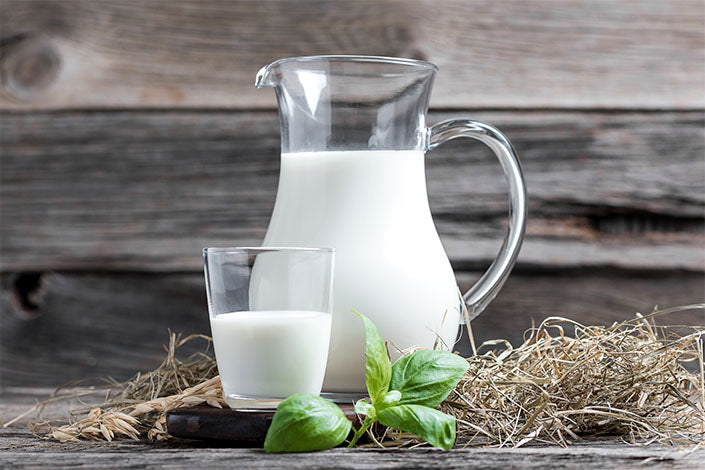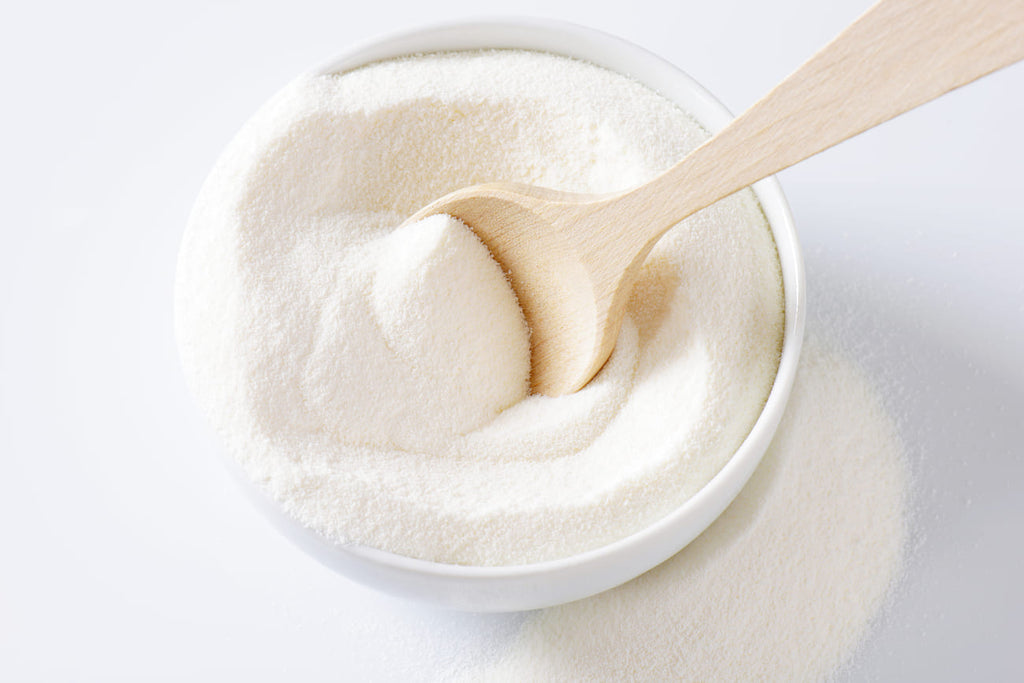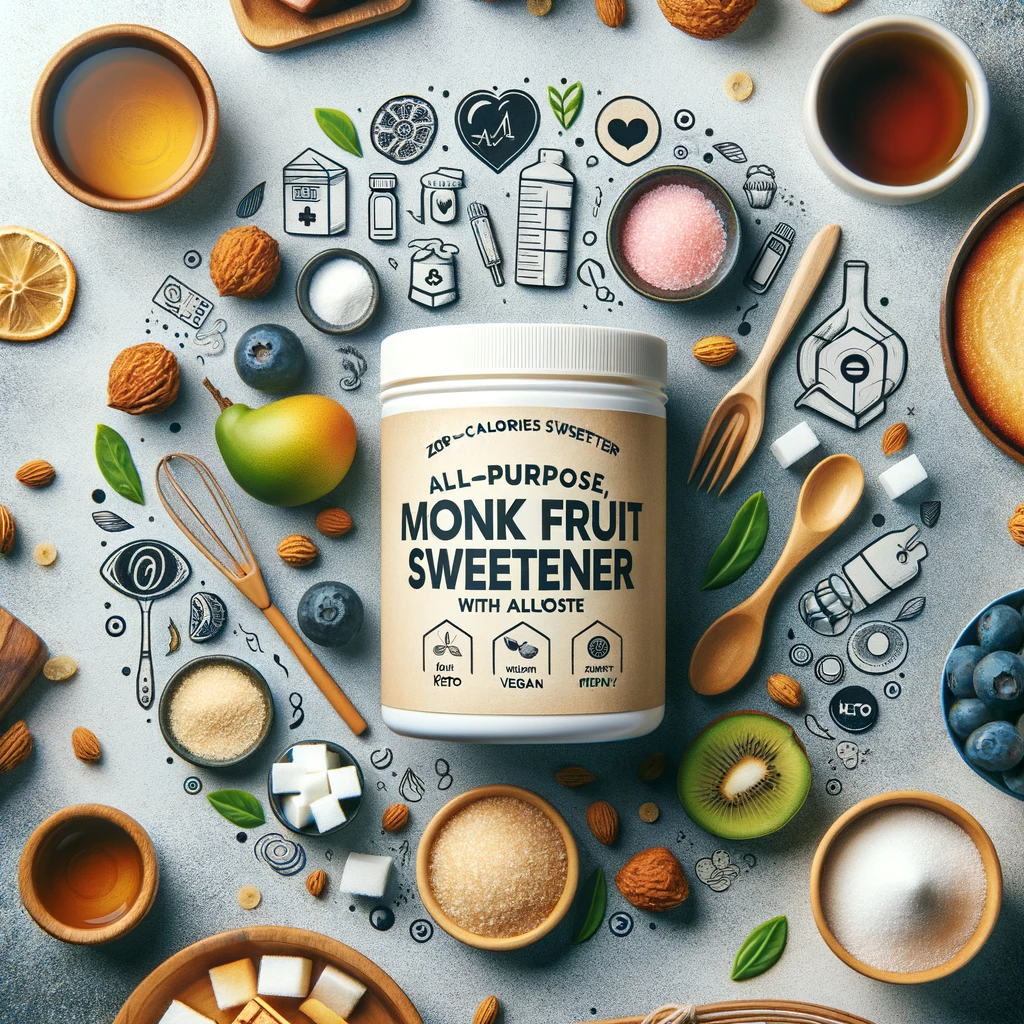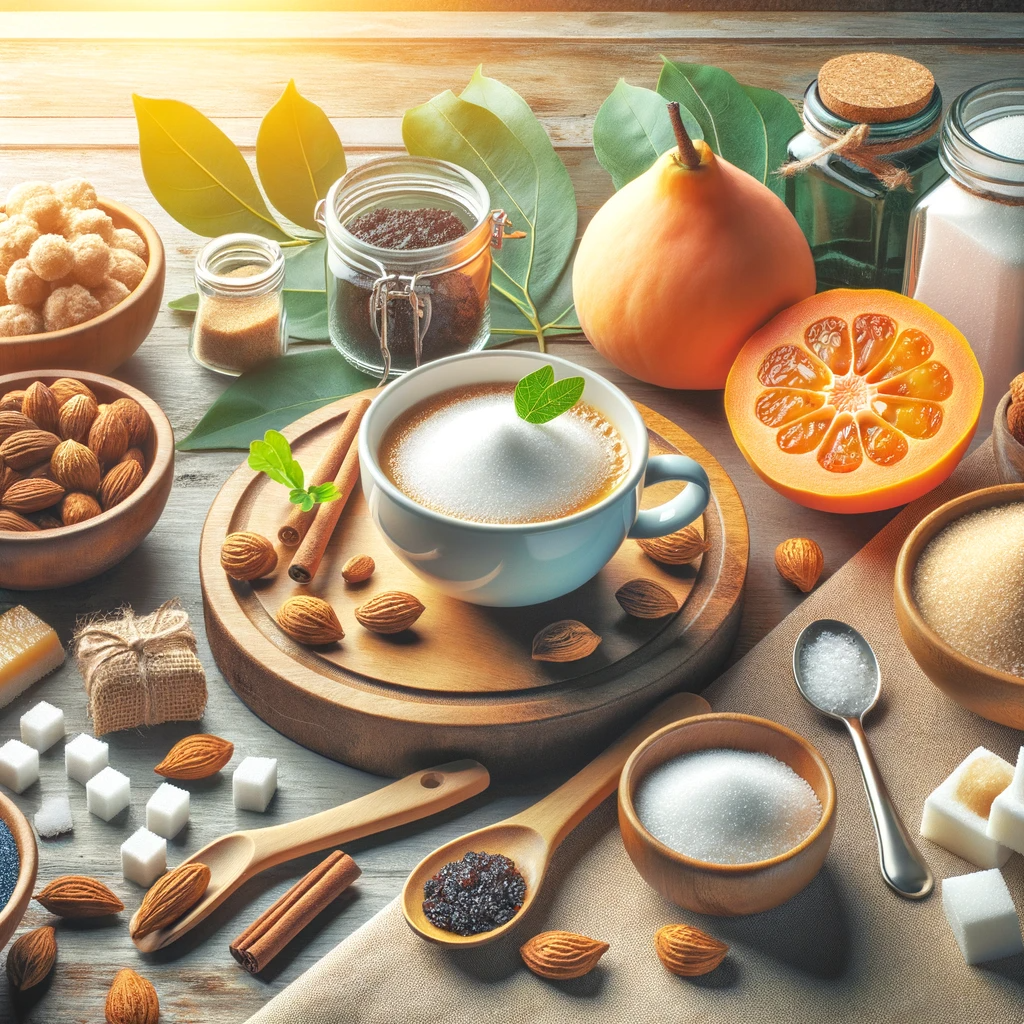
The Biggest Myths About Milk Debunked

Milk is undoubtedly nutrient-dense and surrounded by a swirl of controversy. Touted as a complete source of protein, fats, vitamins, and minerals, many are still skeptical about its benefits. Let's debunk the myths surrounding this age-old beverage.
Myth #1: Dairy Is Bad for Your Health Contrary to numerous online myths, there's no solid scientific evidence to suggest that milk harms your health. Dairy products are packed with essential nutrients, including calcium and protein. It's a fundamental food that offers all essential amino acids and boasts benefits for the immune, cardiovascular, and digestive systems.
Myth #2: Adults Shouldn't Drink Milk The belief that milk consumption should stop after breastfeeding is baseless. While lactose intolerance might be on the rise, often, consistent consumption can mitigate this intolerance. For instance, Europeans, who traditionally consume more dairy, are less likely to develop dairy intolerance. This can also be attributed to other factors, such as cattle disease and climate changes.
Myth #3: Dairy Causes Intolerances Distinguishing between allergies and intolerances is crucial. While allergies result from a reaction to milk proteins, intolerances stem from lactose. Nonetheless, the presence of allergenic components in milk doesn't negate its health benefits. Enriched with a spectrum of nutrients, milk remains a staple in many diets.
Myth #4: Dairy Products Increase the Risk of Cancer Contrary to this myth, Cancer Research UK found no direct evidence linking dairy to an elevated cancer risk. They even recommend milk for its ample protein and calcium content, vital for a balanced diet.
Myth #5: Milk Produces Mucus or Worsens Asthma The myth that milk exacerbates mucus production or triggers respiratory issues has been debunked by the National Asthma Council of Australia. Studies consistently find no direct correlation between milk consumption and asthma.
Myth #6: Drinking Milk Makes You Fat Milk offers a plethora of nutrients without a high caloric content. With only 3.5% fat in whole milk and 0.8% in skimmed milk, it can, in fact, be an ally in weight management, providing essential nutrients and aiding in muscle preservation and growth.
Myth #7: Plant-Based Milk Is an Excellent Substitute for Dairy Milk Referring to plant-based beverages as "milk" can be misleading. Animal-derived milk generally provides more protein and bioavailable nutrients than its plant-based counterparts.
Final Thoughts Armed with the truth about milk, the decision to include it in your diet is yours. For those lactose-intolerant, lactose-free versions are available. Rich in both macro and micronutrients, milk stands as a foundational food product. Beyond its nutritional value, milk and its derivatives are undeniably delicious. Why not give it a try?






